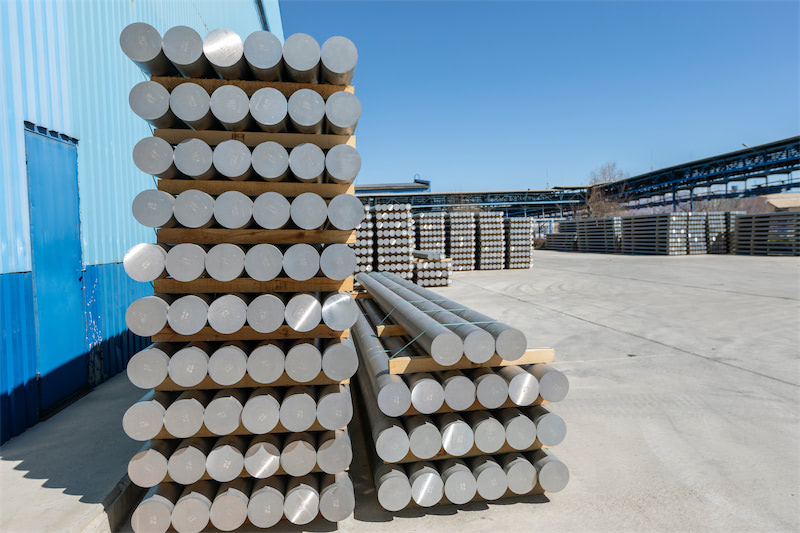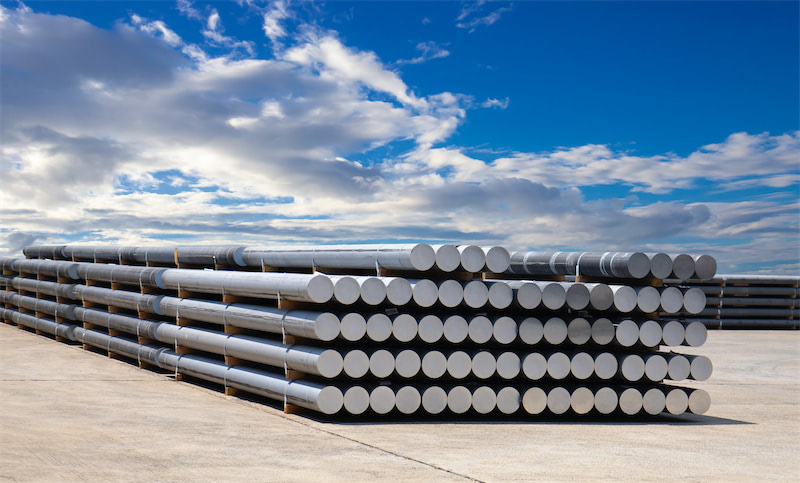SMM: Rio Tinto (RioTinto) said on Thursday that it would close the New Zealand aluminum smelter due to high costs and difficult market conditions. The decision put more than 1000 jobs at risk and dealt a heavy blow to New Zealand's power giant.
In order to prevent the spread of new crown pneumonia, the New Zealand government has introduced strict restrictions, which have endangered a large number of jobs and may bring the economy to the brink of recession.
The decision to close the factory also put pressure on Prime Minister Jacinda Adan (JacindaArdern). It just promised last week to create more jobs and provide financial support to companies.
Grant Robertson (GrantRobertson), finance minister, said Rio's decision was "disappointing" and its timing could not have been worse.
"given the difficult economic environment caused by the new crown epidemic, especially given New Zealand's long-standing support for Rio Tinto and its global profitability, the decision to close the plant at this time is really disappointing," Robertson said. "
New Zealand aluminum smelter is the largest electricity user in China, with annual electricity consumption of about 5 trillion kilowatt hours, equivalent to about 12% of the country's total electricity consumption. The annual output of high-grade aluminum in the plant is 340000 tons.
The plant employs about 1000 people directly and has created 1600 indirect jobs in the NTU region.
For years, Rio Tinto has threatened the New Zealand government with more subsidies by shutting down factories.
Rio Tinto acknowledged that the decision to close the plant "will have a significant impact on employees, local communities and customers", but did not elaborate.
"there were extensive and in-depth discussions between the parties concerned, but failed to reach a power contract that would maintain operational competitiveness and profitability," Rio said. "
Electric power companies were disappointed, and their share prices plunged sharply in intraday trading.
New Zealand aluminum smelter is actually a joint venture. Rio Tinto has a 79.4 per cent stake, while Japan's Sumitomo Chemical (SumitomoChemicalCo.) has 20.6 per cent. In 2019, the plant incurred an actual loss of NZ $46 million (US $30.25 million) for Rio Tinto.
Plant closure means that there will be a surplus of electricity supply in the South Island of New Zealand, which will harm the interests of the power companies, but will have a positive impact on electricity prices.
Affected by the news of the closure of the factory, the shares of Meridian Energy (MeridianEnergy), the plant's main power supply company, fell 18.3 per cent in intraday trading. The share prices of other power companies also plummeted.
Rio Tinto said it had issued a notice to Meridian Energy to terminate the supply contract, which was due to expire in August 2021.
Meridian Energy said it was reviewing Rio's decision but did not specify the impact of plant closures on its financial position.
(ContactEnergy), another New Zealand power giant, called Rio Tinto's decision "very disappointing" and expected the economy of New Zealand's South Island to be significantly affected as a result. The company's shares tumbled 15% in intraday trading.
IkeFuge, CEO of Unicom Power, said that together, all business partners have saved huge costs for the electricity consumption of aluminum smelters.
"We are very disappointed that Rio Tinto's participation in one of the most environmentally friendly smelters in the world is so limited, but we are very disappointed that we have provided such a large cost-saving opportunity to one of the world's greenest smelters," Fuge said.

Scan the QR code and join the aSMM metal communication group.



